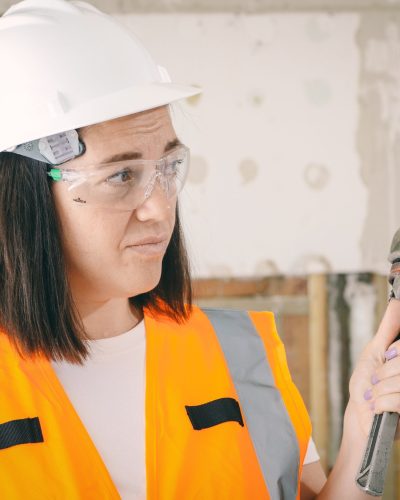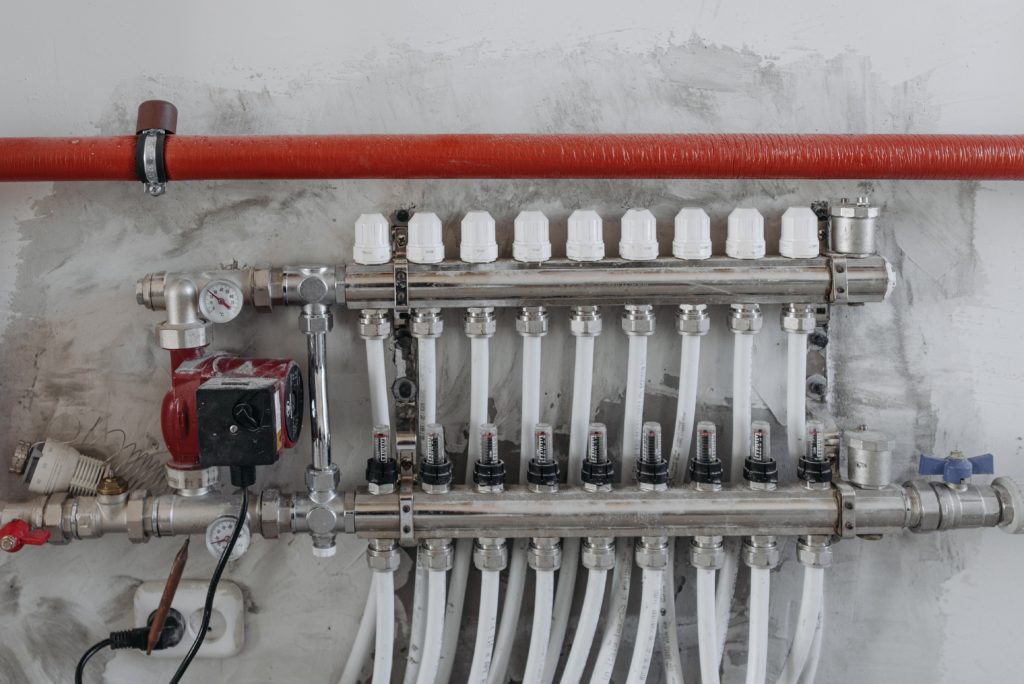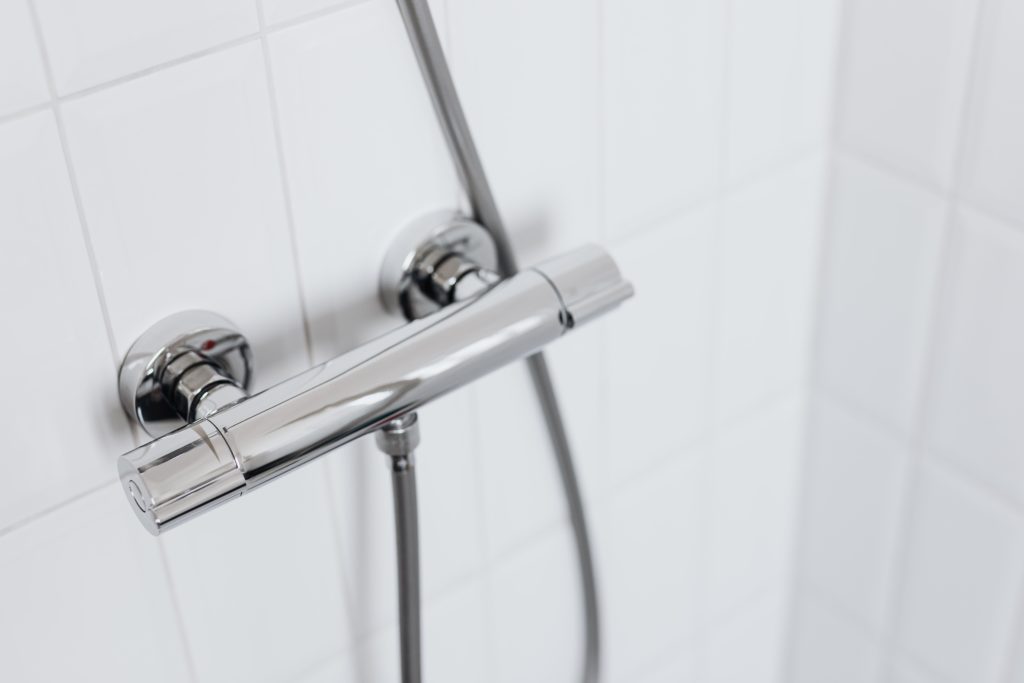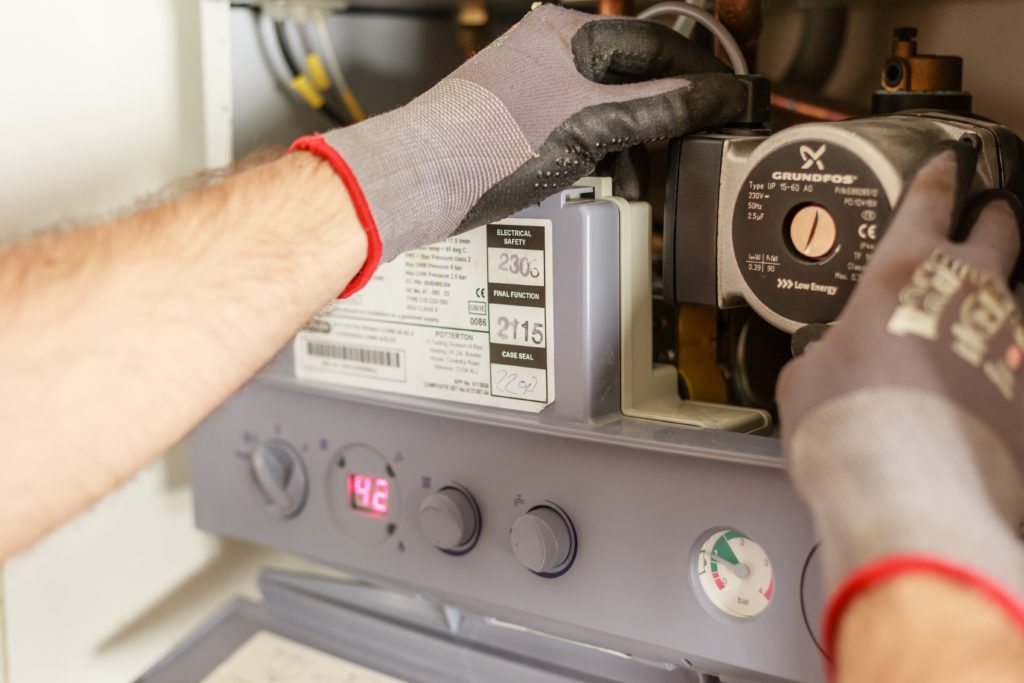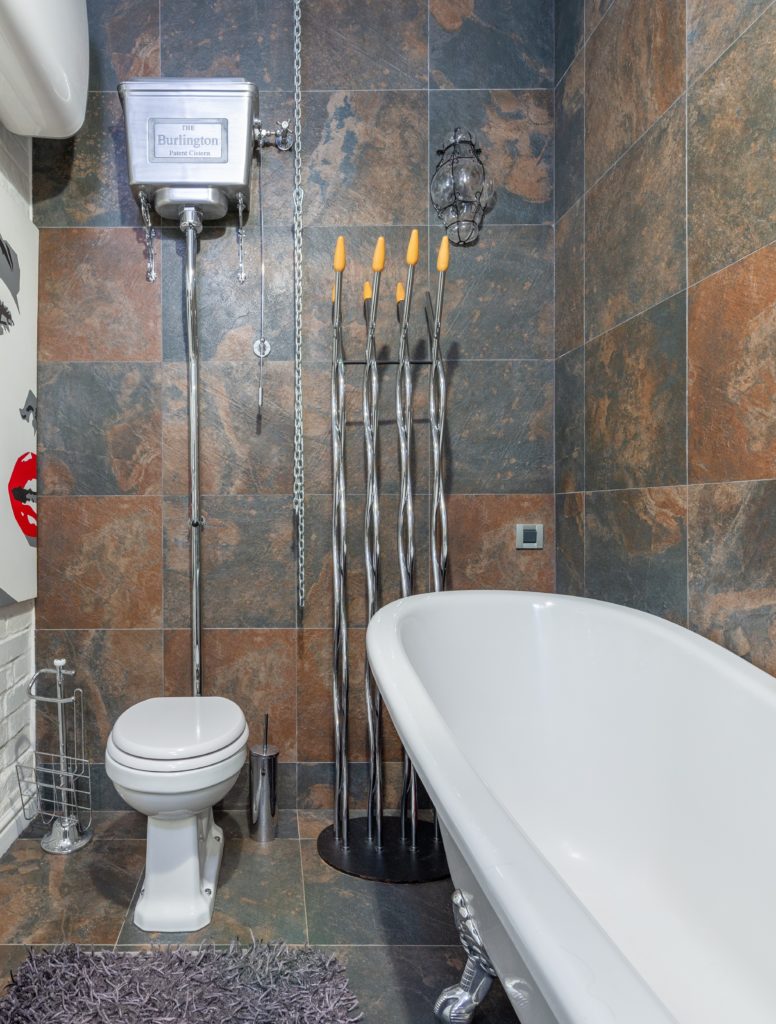
Clogged
Over time, your drain pipes can become clogged with debris and other materials. This can cause issues like slow drains and foul odors. Regular maintenance, such as cleaning your drain pipes, can help prevent these issues from occurring and extend the life of your plumbing system.
Over time, sediment can build up in your water heater, leading to decreased efficiency and a shorter lifespan. Regular maintenance, such as flushing your water heater, can help extend its lifespan.

